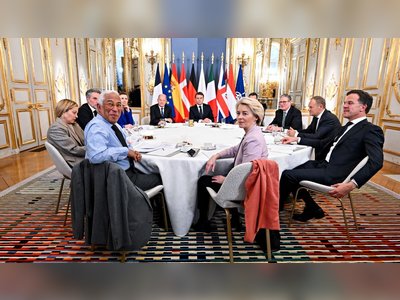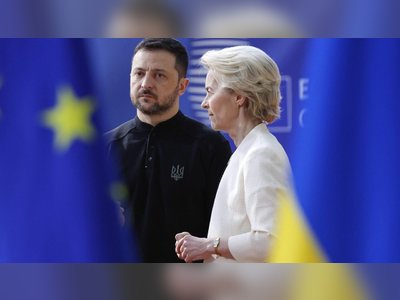British Politics Faces Tumultuous Autumn After Summer of Rebellions and Rising Farage Momentum
The first half of 2025 has already proven turbulent for British politics, marked by Labour Party rebellions, high-profile suspensions, and moments of personal strain for senior ministers. As Parliament returns from its summer recess, attention is turning to how Prime Minister Keir Starmer and his government navigate the next phase — with challenges ranging from fiscal pressures to renewed competition from Nigel Farage’s Reform UK.
Labour’s Difficult Summer
In July, Labour suffered a damaging rebellion over welfare reforms, culminating in a Commons defeat by 335 votes to 260. Four MPs, including prominent left-winger Rachel Maskell, were suspended. Tensions remain high within the party, with questions over whether junior ministers linked to the rebellion may face further action. The episode was compounded by an emotional moment in Parliament when Chancellor Rachel Reeves was seen crying during Prime Minister’s Questions. Although described as a personal issue, the markets reacted sharply, pushing up borrowing costs on speculation she might be replaced. Ironically, this reinforced her position, with investors preferring her continuity over uncertainty.
Managing Unrest and Immigration
The summer recess was expected to bring risks of unrest, recalling last year’s riots following the Southport murders. Protests over asylum hotels did occur, notably around Epping, but the government avoided a repeat of widespread disorder. Immigration remains politically charged, with Labour under pressure to deliver credible reforms. Home Secretary Yvette Cooper faces particular scrutiny, with her position viewed as tied to progress on border enforcement.
Nigel Farage and Reform UK
Outside government, Nigel Farage’s Reform UK capitalised on the quiet summer period. By focusing relentlessly on crime and unveiling a hardline migration policy — pledging that illegal entrants would be detained, deported, and permanently barred — Farage seized the headlines. His high-profile press conferences and opinion pieces contrasted with lower-impact interventions from rivals, positioning Reform as the loudest opposition voice during recess. Analysts note this echoes Farage’s longstanding ability to dominate the political agenda at key moments.
Starmer’s Staffing Struggles
Downing Street also faced scrutiny over internal management. The Prime Minister’s Principal Private Secretary, Nim Pandit, was replaced after just ten months, the third senior departure in a year following Sue Gray and Matthew Doyle. While Pandit remains in a policy role, her reassignment raised concerns over Starmer’s personnel choices and ongoing confusion within Number 10 about who leads on policy.
Fiscal Challenges Ahead
The autumn will be dominated by budget speculation. Chancellor Reeves has brought pensions minister Torsten Bell closer to her Treasury team as Labour weighs difficult choices on taxation and welfare. Party insiders suggest “fairness” will be the government’s guiding theme, though welfare cuts and housing reforms continue to stir unease among backbenchers.
Trump’s Upcoming State Visit
Internationally, the United Kingdom is preparing for a state visit by U.S. President Donald Trump on September 17. The visit, which follows Trump’s highly active summer trip to his golf courses in Scotland, underscores the strength of U.S.–UK relations. Officials point to progress on a bilateral trade agreement as a signal of the partnership’s value. While some opposition leaders have announced they will boycott the ceremonial banquet, the government sees the visit as an opportunity to showcase transatlantic ties.
Foreign Policy and Palestine Recognition Debate
Starmer will also travel to New York in September for the United Nations General Assembly, where he is expected to clarify Britain’s stance on Palestinian recognition. He previously tied recognition to conditions including a ceasefire in Gaza and renewed prospects for a two-state solution. Israel has strongly objected, warning that such moves risk rewarding Hamas aggression. The debate highlights the tension between domestic opinion shifts and longstanding international alliances.
Other Political Currents
The Green Party is holding leadership contests in England, Wales, and Scotland, while former Labour leader Jeremy Corbyn and MP Zarah Sultana prepare to formally launch their new party. Within Parliament, major bills remain delayed in the House of Lords, including renters’ rights and employment reforms. The extended session, now expected to run until May 2026, raises the likelihood that the Assisted Dying Bill will receive full debate.
With rebellions, suspensions, and shifting alliances already defining 2025, the return of Westminster promises further volatility. Nigel Farage has reasserted himself as a national figure, Labour’s unity is under strain, and President Trump’s state visit will spotlight the UK’s role on the world stage at a pivotal moment.











